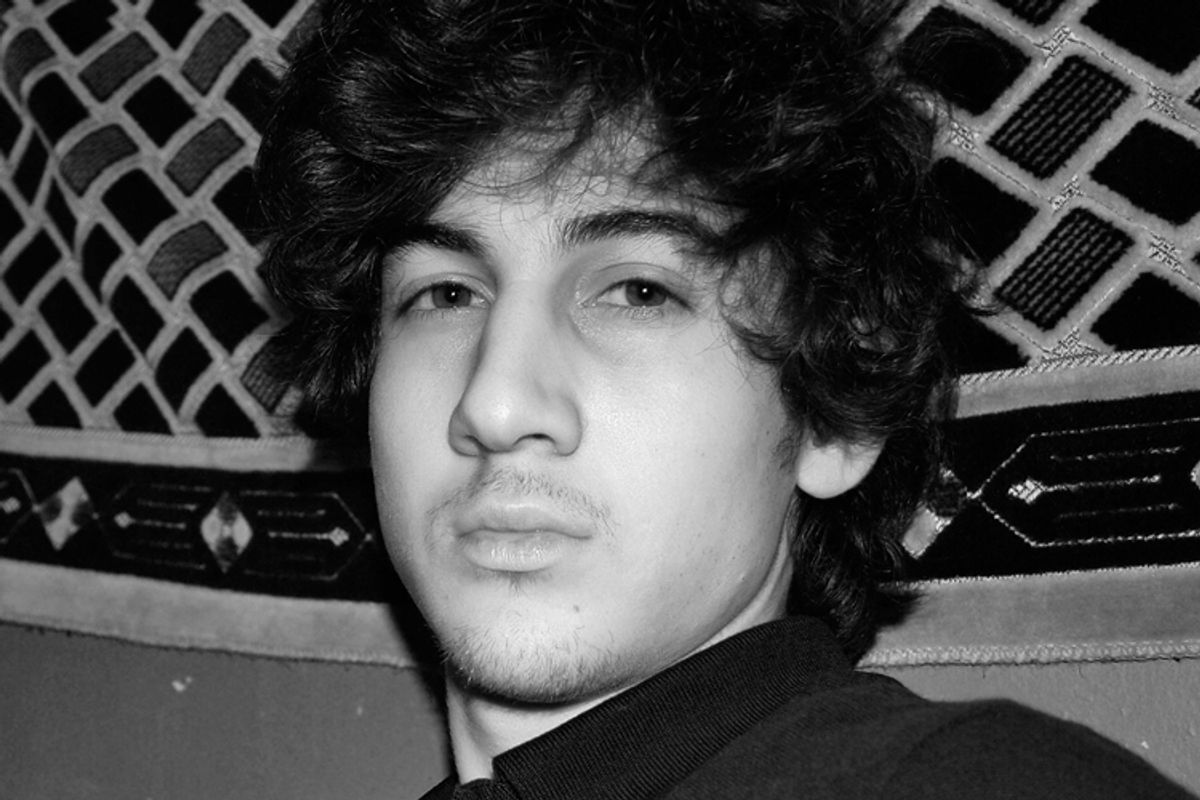Few subjects lend themselves more readily to easy moralizing than the death penalty. For many years I’ve taught a seminar on criminal punishment, and one of the challenges of the course is to get students away from knee-jerk opinions in regard to capital punishment.
Almost always, the large majority of students come into the seminar opposed to the death penalty, and so I spend more time challenging anti-death penalty perspectives -- not, of course, because I’m trying to convert anyone to a particular point of view, but because one of the aims of the seminar is to get participants to think critically about their own beliefs. Here are some common arguments I try to knock down:
“Why do we kill people to show that killing people is wrong?”
Unless one is opposed to the whole idea of punishment -- which, in my experience, almost no one ever is -- this popular argument is paper-thin. One might as well ask why we lock people up to show locking people up is wrong, or why we levy criminal fines to show that taking money from people by force is wrong.
Indeed, it’s a rare person who is actually opposed to killing people in all circumstances: True pacifists are rare, and someone who is opposed to using lethal self-defense when necessary to stop a murderous attacker is even rarer. Thus, “thou shalt not kill” almost always ends up meaning “unless there’s a good enough reason” -- and the whole argument about the death penalty is whether some crimes create a good enough reason to use it.
“The death penalty doesn’t deter.”
This is impossible to prove or disprove, because there are simply too many uncontrollable variables between jurisdictions that have capital punishment and those that don’t. In any case, more sophisticated defenses of the death penalty don’t rely on deterrence arguments: They are based on the claim that some crimes deserve to be punished by death as a matter of retributive justice, without regard to whether the penalty has good social consequences.
“Employing capital punishment means innocent people will be put to death.”
This is certainly true. But it’s also true that an unknown but probably large number of innocent people in America are at this moment serving long prison sentences, including life without parole, and that many of these people are going to die in captivity.
Death penalty opponents point out that, once carried out, the execution of an innocent prisoner can’t be reversed. Yet no punishment can be reversed once it’s carried out. Again, unless one is opposed to punishment as a social practice, the punishment of the innocent is a price that practice will always have.
* * *
I push against anti-death penalty opinions for teaching purposes, and I try to present the pro-capital punishment position as fairly as possible, precisely because I myself am against the death penalty. I don’t want my viewpoint on such a fundamentally contestable moral issue to end up giving students who happen to share it a free intellectual ride when they consider their own beliefs.
All that said, I got a sick feeling in the pit of my stomach when I heard that Dzhokhar Tsarnaev had been condemned to death. As horrible as his crimes undoubtedly were, Tsarnaev was a confused and tormented teenager when he committed them. Looking at photos of his painfully boyish face brings to mind this passage from a George Orwell essay, "The Hanging," in which the writer describes his participation in an execution. The prisoner is walking toward the gallows:
It is curious, but till that moment I had never realized what it means to destroy a healthy, conscious man. When I saw the prisoner step aside to avoid the puddle, I saw the mystery, the unspeakable wrongness, of cutting a life short when it is in full tide. This man was not dying, he was alive just as we were alive. All the organs of his body were working -- bowels digesting food, skin renewing itself, nails growing, tissues forming -- all toiling away in solemn foolery. His nails would still be growing when he stood on the drop, when he was falling through the air with a tenth of a second to live. His eyes saw the yellow gravel and the grey walls, and his brain still remembered, foresaw, reasoned -- reasoned even about puddles. He and we were a party of men walking together, seeing, hearing, feeling, understanding the same world; and in two minutes, with a sudden snap, one of us would be gone -- one mind less, one world less.
That is not an intellectual argument so much as a visceral moral judgment. But, in the end, it is that sort of judgment which decides such questions, after all the arguments have run out.



Shares